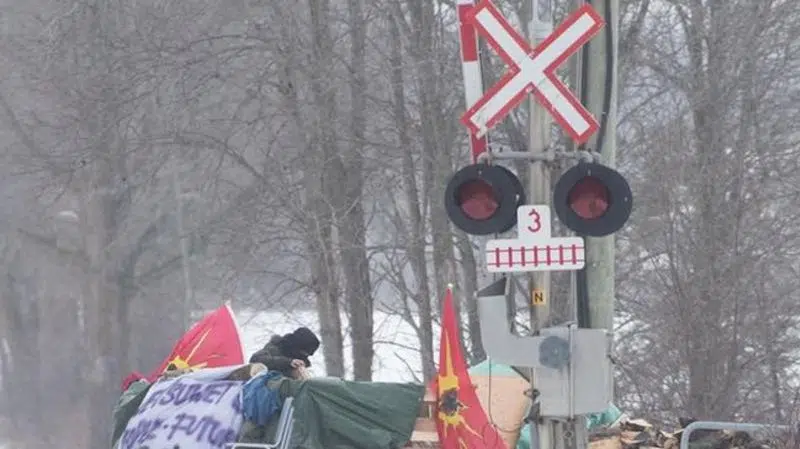
Baloney Meter: Rail blockades and government authority over the police
OTTAWA — “The RCMP Act is clear: the minister of public safety has the ultimate authority over Canada’s national police force, and has the power to direct the RCMP to enforce the law. … So do the right thing, Prime Minister Trudeau. We cannot allow a small number of activists to hold our economy hostage and threaten thousands of jobs. Pick up the phone, tell (Public Safety) Minister Blair to put an end to this situation.” — Conservative Leader Andrew Scheer, Feb. 14, 2020.
———
The federal Conservatives are decrying layoffs that have resulted from rail blockades across Canada in support of Indigenous objections to a British Columbia natural-gas pipeline. The Tories are calling on the Trudeau government to tell the RCMP to step in and enforce injunctions to remove the blockades, saying the law governing the national police force clearly permits such direction.
How accurate is the Conservative claim?
